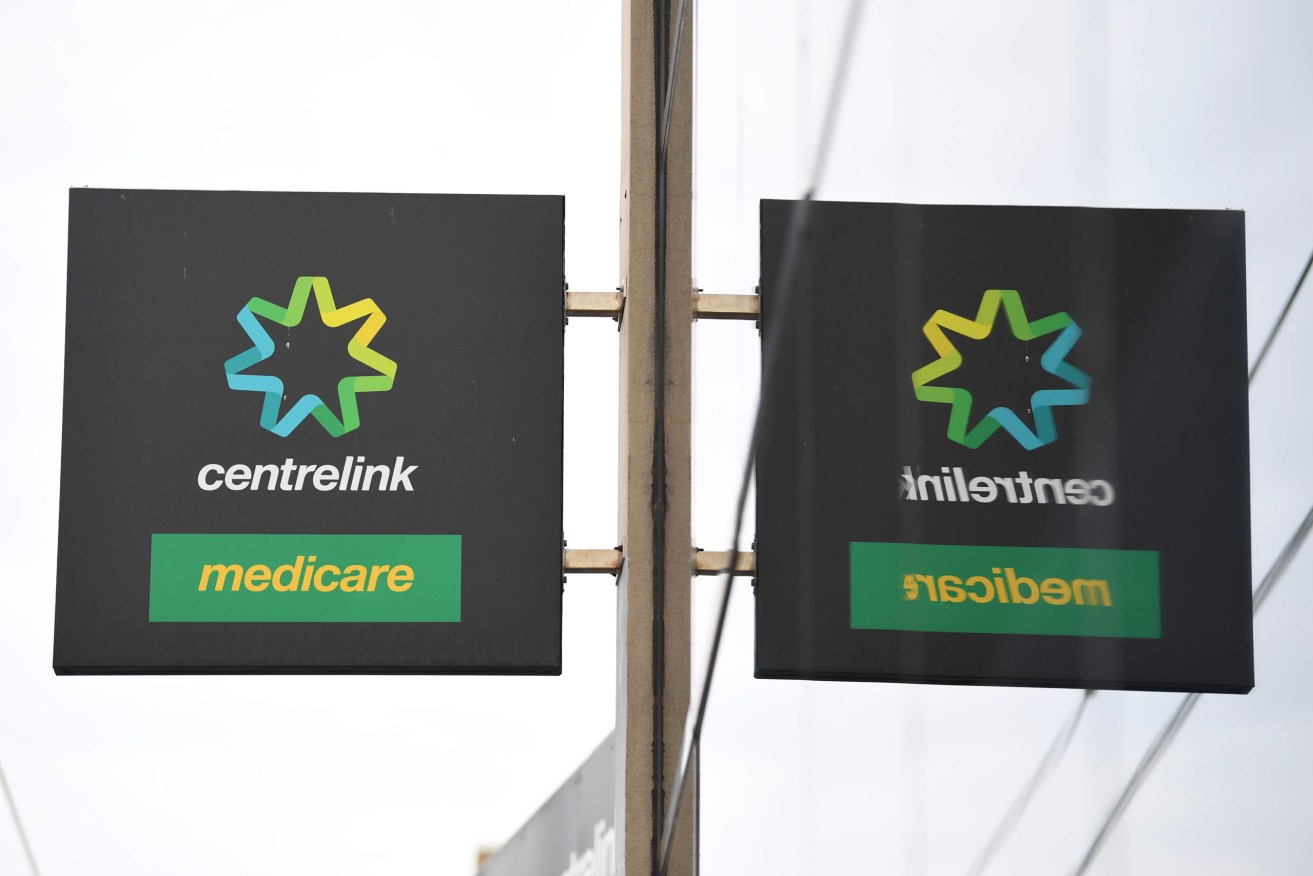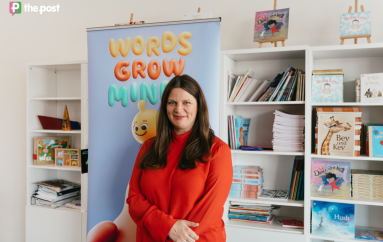Young people hit hard by unemployment, welfare cut
The axing of the coronavirus supplement will hit younger unemployed Australians particularly hard – despite a $25 a week increase in base Centrelink payments – as it leaves recipients financially worse off at at time of high youth unemployment, agencies warn.


Photo: AAP/James Ross
Financial comparison site Finder has joined a number of national and local bodies warning the impact of this week’s cuts to welfare payments are particularly concerning for young people.
Head of consumer research at Finder Graham Cooke said while the latest cut may hinder Australians’ abilities to purchase property and pay their bills, the high under and unemployment rate would leave young people particularly hard hit.
“The proportion of young people without work was still 13.9 per cent as of January. This is much higher than it was pre-pandemic,” he said.
“Young Australians were the hardest hit by job cuts during the recession, and as a result of lower savings and less job experience they may take longer to find their feet again.”
Think tank the Australia Institute on Wednesday estimated a further 18,000 children would be thrown into poverty as a result of the most recent changes, from a total 155,000 Australians who were being pushed below the poverty line.
It said since the introduction of the coronavirus supplement 12 months ago until its removal this week, more than one million Australians had entered poverty, including almost 220,000 children.
The figures coincided with separate data from Finder that showed 29 per cent of respondents believed welfare payments rates would increase from April 1, when in fact low-income earners would be about $100 worse off per fortnight.
It said while the number of Australians who remained “misinformed” about the changes were concerning, of the 1015 people surveyed during March 63 per cent were aware that the fortnightly $150 coronavirus supplement had been axed on Thursday and replaced with a permanent $50 increase.
The fortnightly base JobSeeker rate for a single person has moved from $565.70 to $620.80, with the maximum Youth Allowance rate for a single person living away from home increasing from $462.50 to $512.50.
People under 18 years old and living at home receive $303.20, up from $253.20 each fortnight.
National Youth Commission Australia (NYCA) this week proposed an overhaul of the current income support system for people aged between 16 and 24, saying young people were uniquely and negatively impacted by the pandemic and likely to bear the brunt of recovery into the future.
“The low rate of income support for young people living away from home falls well short of the costs of daily living,” NYCA chair David Eldridge said.
“High housing costs force students and young jobseekers into poverty and sub-standard accommodation, compromising their education and employment outcomes, physical and mental health.”
The commission has made nine recommendations as part of its proposal in a bid to reduce poverty for young people.
Its proposal includes a youth income guarantee to provide a single support model for young people that would increase the fortnightly base rate of income support to $820 for young people living away from home and $450 for those living at home.
As part of the guarantee young people would receive further financial incentives for education, training and job search participation.
Young people surveyed by the commission said they feared the end of the coronavirus supplement.
“Between paying rent, bills, groceries, fuel, transport, I can’t afford to receive the treatment I need to manage my chronic illness while trying to study and work,” Sapodia Lindley said.
“I am continually forced to choose between these basic needs and my health and wellbeing.
“There’s a toll on mental health that can feel almost unbearable at times. Your personal relationships become strained, you can’t go out and do things you enjoy to counterbalance the negative feelings, because you can’t afford it. It becomes a cycle of feeling stuck and isolated, of living in despair.”




